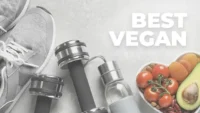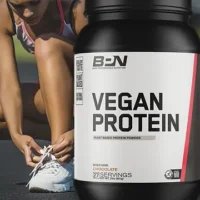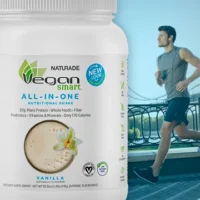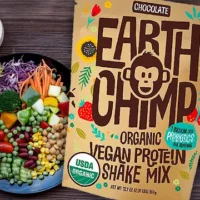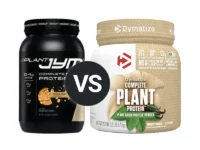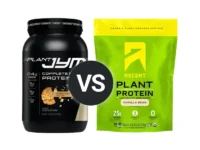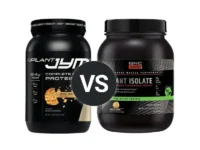Knowledge BaseYou're Questions Answered
Is vegan protein powder a complete protein?
Vegan protein powders can vary in terms of being a complete protein, which is defined by containing all nine essential amino acids that the human body cannot synthesize on its own. Most single-source vegan proteins, except for a few like soy and quinoa, are typically not complete proteins. However, many vegan protein powders combine different plant sources to ensure a complete amino acid profile.
For instance, a common combination in vegan protein powders is pea and rice protein. Pea protein is rich in lysine but low in methionine and cysteine, while rice protein is low in lysine but has higher amounts of methionine and cysteine. By combining these two, the resulting protein powder offers a complete amino acid profile similar to that found in animal proteins, making it a suitable option for those looking to maintain a plant-based diet1.
Other vegan protein sources, such as hemp protein, also contain all essential amino acids, but often in lower quantities than required to meet the body's needs. Hemp protein is therefore usually combined with other protein sources to boost its amino acid profile2.
When choosing a vegan protein powder, it's important to check the label to see if it's described as having a 'complete protein' or if it lists the amino acid profile. Manufacturers often highlight when their product is a complete protein, as this is a significant benefit, especially for vegans and vegetarians who may struggle to get all essential amino acids from their diet alone3.
- Young, V. R., & Pellett, P. L. (1994). Plant proteins in relation to human protein and amino acid nutrition. The American Journal of Clinical Nutrition, 59(5 Suppl), 1203S-1212S.
- House, J. D., Neufeld, J., & Leson, G. (2010). Evaluating the quality of protein from hemp seed (Cannabis sativa L.) products through the use of the protein digestibility-corrected amino acid score method. Journal of Agricultural and Food Chemistry, 58(22), 11801-11807.
- Hoffman, J. R., & Falvo, M. J. (2004). Protein – Which is Best? Journal of Sports Science and Medicine, 3(3), 118-130.
Related Questions
Related Reviews
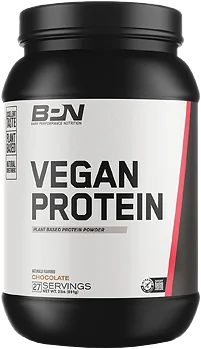
Your Answer
We are a participant in the Amazon Services LLC Associates Program, an affiliate advertising program designed to provide a means for us to earn fees by linking to Amazon.com and affiliated sites.
